Australian and British scientists have conducted new research in the Antarctic. They have drilled a 364-meter deep ice core at James Ross Island, which is located near the Antarctic Peninsula’s northern tip. The core showed that layers of ice have thawed and refroze during the summer periods and showed an indication that Antarctic ice is melting faster now compared to conditions 1,000 years back. The results of the study have been published in the Nature GeoScience Journal yesterday, April 14.
Faster summer ice melt
According to the British Antarctic Survey or BAS and Australian National University’s Dr. Nerilie Abram, lead researcher, they have determined that it was 600 years ago when the lowest amount of summer ice melt and the coolest conditions on the Peninsula last occurred. During that period the amount of melting and refreezing of annual snowfall was only 0.5% while the temperatures were close to 1.6 °C or 34.9 °F lower than was recorded in the latter part of the 20th century. However, the result they found today was that the amount of melting of the annual snowfall was ten times faster for the past 50 years.
Robert Mulvaney, also from BAS said that it likely that the ice melts are what cause the faster loss of ice glaciers as well as the striking Antarctic ice shelf collapses for almost half a century now.
Global warming and El Niño
The acceleration as indicated by the ice core they have dug showed the existence of a relationship between global warming and melting acceleration. However, from another region, in the West Antarctic Ice Sheet Divide where U.S. scientists are also conducting another study, they are hesitant to say that the accelerated melting is due to emissions of greenhouse gas but more likely due to the strong influence of unusual conditions in the Pacific during the 20th century. The El Niño event in the Pacific during the 1900s is the more likely cause of the quick thinning of the West Antarctic glaciers. There were very miniscule differences but the same events occurred in the 1830s as well as in the 1940s.
Photo Credit: The Antarctic

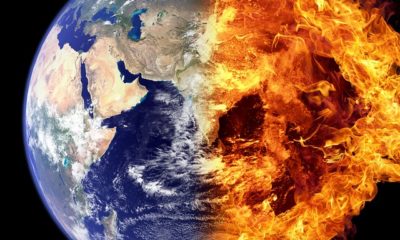
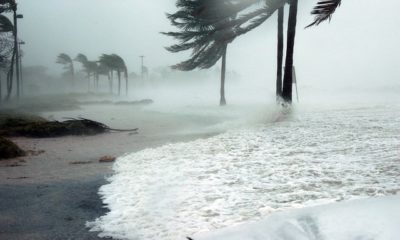
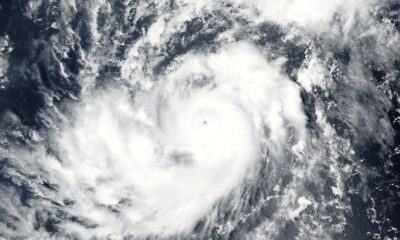

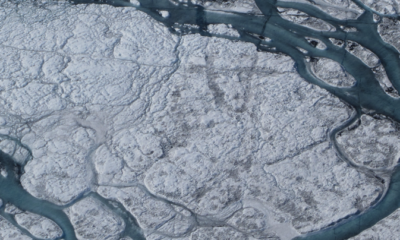
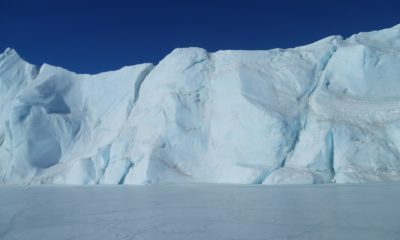
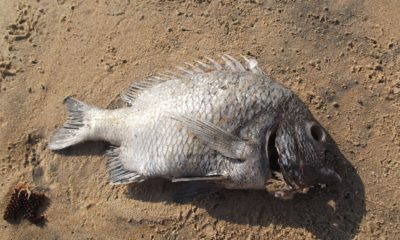
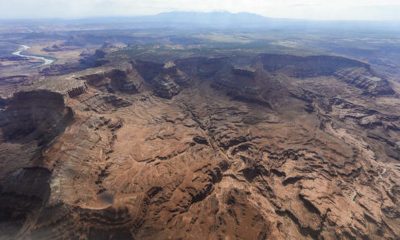
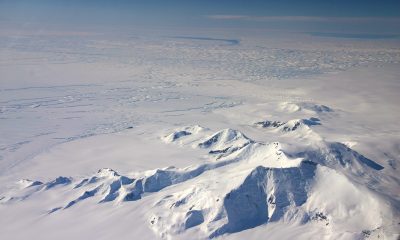





Facebook
Twitter
Pinterest
Google+
LinkedIn
Email